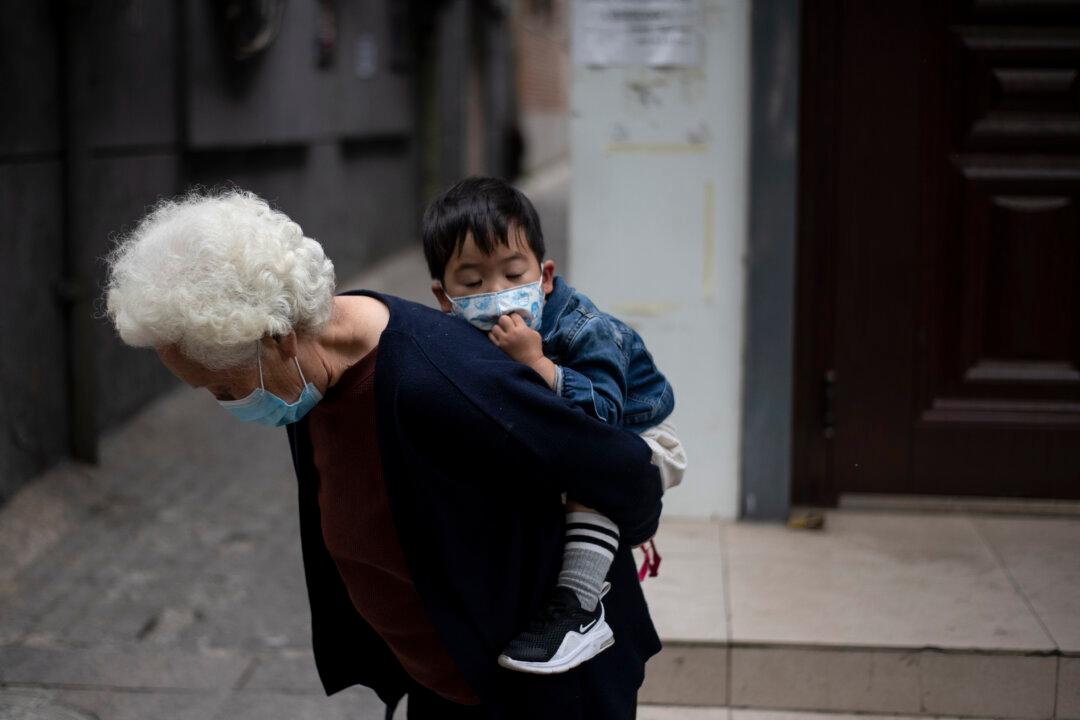China’s senior population official acknowledged in an annual population meeting that China’s population growth slowed down and was expected to record a decline before 2025.
Yang Wenzhuang, director of population monitoring and family development division of China’s National Health Commission, said at the meeting that China’s population is projected to “enter a negative increase,” according toa state-owned Chinese financial news portal Caixin on July 22.





